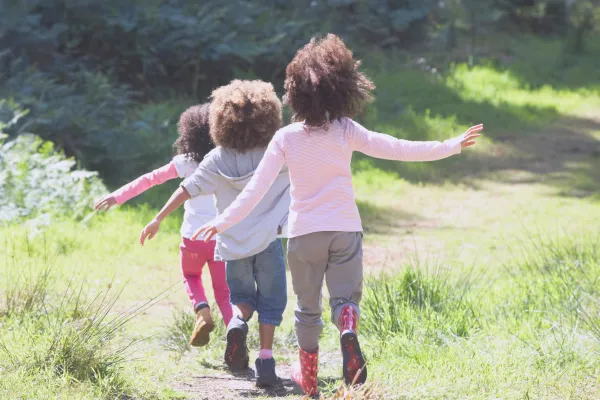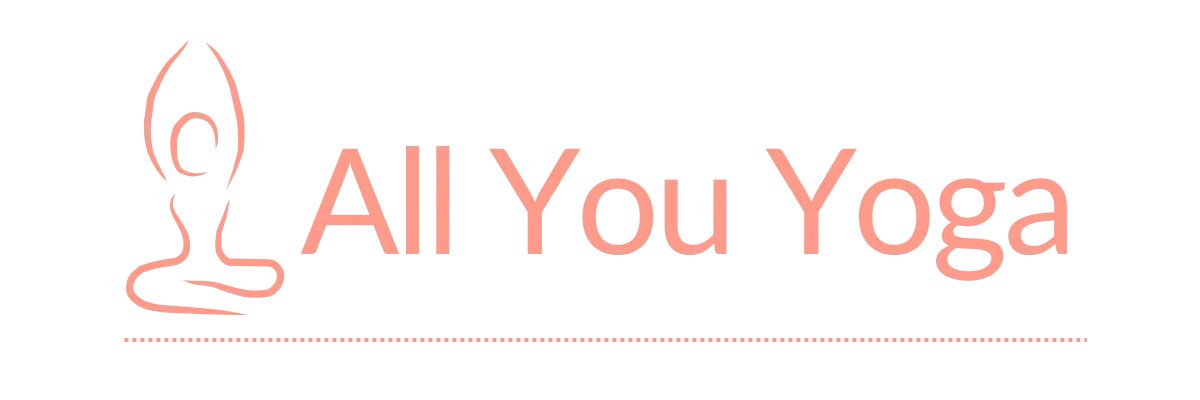
Play Nice: The Power of Everyday Kindness
Have you ever noticed that we love to complain?
About everything!
On a holiday to Turkey a couple of years ago, this was a common theme I noticed amongst the people I spoke with.
“Are you having a nice holiday?”
“It’s nice but you can’t get a sun bed.”
“It’s lovely but it’s unbearably hot, isn’t it?”
“I’m enjoying it but I haven’t really met many people I want to hang out with.”
“It’s great but my husband / wife / kids are getting on my nerves.”
This says a lot about kindness and communication, doesn’t it? How we connect - or indeed disconnect - through what we choose to say.
I notice how it often seems much easier to bitch about something rather than look for the pure joy, happiness and niceness.
What do you think?
Is it easier to see the negative rather than the positive?
I totally get it, though, and it’s got an awful lot to do with the way in which we make bonds and attachments and are in relationship with other humans.
From a mindful communication POV, this habit often helps us feel safe and seen, even if it isn’t the the most healthiest of ways to connect.
Why do we need these attachments? Quite simply, because we’re social creatures, it can be scary to be ousted, left out or exiled from a community, so when we’re in an enforced community - such as those we put ourselves into in a holiday resort - we look for the commonalities with which we can form bonds.
Ever noticed how easy it is for children to make new friends with a game of catch in the pool or a kick about with a football? They find something in common with other people who are similar.
They're teaching us a beautiful lesson of connection and compassion in action — pure, uncomplicated human bonding.
The way that small children form friendships and bonds outside of their family of origin or when they first go to school is, they associate with other children who visually look like themselves. For example, other children with glasses, others who have the same skin tone as them, the same hair colour. As their relationships become more complex they start to gravitate to the kids who share their deeper commonalities - the ones that also love to read or to play with the skipping rope.
You get the gist.
In some ways, it’s easier for children to go into the big wide world and form these new friendships because they are introduced to and encouraged in a variety of different experiences and activities to help them learn. And for the most part, these little ones go home to their loving, safe families.
But it doesn’t always work out like that for grown ups, does it?
We don’t take part in activities unless we know we’re going to like them and let’s face it, it can sometimes be easier to sit and observe other people in their fun.
Which makes it rather difficult to make new connections unless you can find a common agreement.
Like bitching about the weather. Or the facilities. Or even about another person or family.
🙄
I understand why it happens but it gets my goat!
And it gets my goat even more when I realise I’m doing it myself!
Newsflash - I am not and have never professed to be a perfect being.
But what I do value of myself is the ability to catch when I’m engaging in dialogue that is not kind, true or helpful.
It’s where self-awareness and kindness kick in - noticing when we slip and making a better choice.
How do your words impact other people?
Our words go out into the big wide world carrying vibes. I like to think of them travelling out like glitter or sparkles, lighting up the places where they land. Or they can go out like a creeping dark smoke or sludge that also has an impact on the places it lands.
And that's the ripple effect of positive energy and positive language, isn't it? What we send out is what we live in.
Somebody wise once said to me to take heed of how a person speaks of another when they’re not in the room. Because you can be fairly certain that’s how they speak of you when you’re not in the room.
I’m not one of those floaty, hippy peeps that believes that world exists on positivity alone. I recognise and actively embrace my darker side, and the need for realness.
Two of my friends once directly addressed me about how I was feeling after a break up, and I told them they didn’t need their lunch break burdened by my sadness. And with the realness and honesty I came to love in my friend, she replied
“Listen, we care about you and how you’re feeling - you can either talk about it with us or we’ll have to discuss it when you’re not here and we can only guess how you’re feeling.”
(Something along those lines, anyhoo - it was a very, very long time ago.)
But it made me feel so loved that my dear friends would talk about me because they cared.
It was a concept I hadn’t considered before but it feels big, even now almost 30 years later. We do talk about other people and their experiences and their feelings, but it can be with kindness and love, even though it might not be of happiness and light.
That’s emotional maturity, or what we might call emotional intelligence, in real life.
A lesson I have taught my children over the last 17 years and to countless children in my yoga classes is this;
At last headcount (stand still please), Google says at the end of 2022, there are 8 billion people in the world.
I'll wait a sec to let that number sink in.... 8,000,000,000!!!
They are not all going to like you.
You are not going to like all of them.
But what we can do is go about our business like responsible and kind humans.
You play in your part of the playground, let them play in theirs.
That, to me, is mindfulness in everyday life and a perfect example of the Niyamas — choosing how we show up in life even when no one’s watching.
What happens when you find yourself in the company of a sludge-pusher or are the sludge-pusher yourself??
Check yourself!
How might it feel if you knew someone was talking of you in this way? Would it make you feel cared for or would it make you feel hurt, angry, or upset?
Remember, you are the epicentre of your words, thoughts and opinions - when you send them out, some of them will land on you, too.
Would you rather marinate in sparkle or sludge?
Check yo’self before you wreck yourself!
How does this sit with you? I hope it gives you even the teeniest big of a glimmer of sparkle about how great it is for everyone to be a good human.
If you’d like to explore this idea of sparkle over sludge in your workplace, women’s circle, or event, look out for or book me as a speaker for your event - I love sharing about how language, energy, and connection can transform how we feel - about ourselves and each other.
All my love,
If you’ve enjoyed reading this, you might also enjoy
A great way to ease the fear of the black dog














